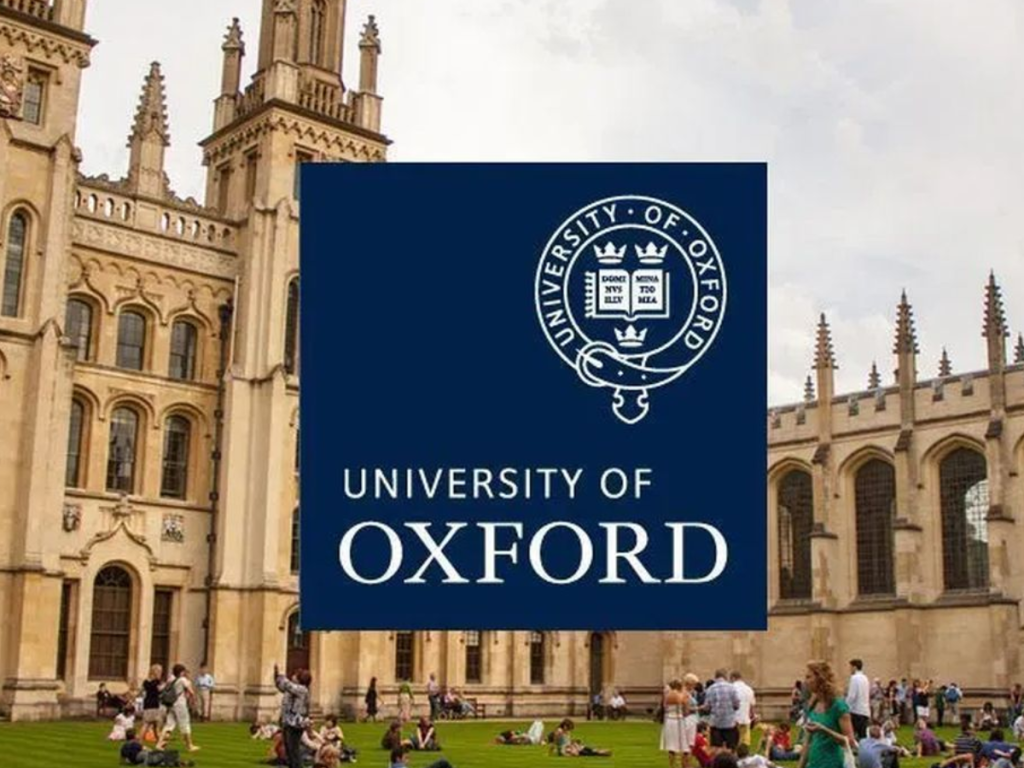Introduction
Harvard University, located in Cambridge, Massachusetts, is one of the most prestigious educational institutions in the world. It is renowned for its academic excellence, historical significance, and its contributions to global education, culture, and innovation. As the oldest institution of higher learning in the United States, founded in 1636, Harvard has played a significant role in shaping not only American society but the world at large. This article delves into the university’s rich history, its academic programs, its influence, and its future direction, making it a true beacon of higher education.
A Historical Overview
Harvard University was founded by the Massachusetts Bay Colony to train clergy for the Puritan church. The initial aim was to ensure that future generations of ministers could preserve and teach the Puritan faith. The university was named after its first benefactor, John Harvard, a young minister who left his library and half of his estate to the institution upon his death in 1638.
In the centuries that followed, Harvard expanded its scope beyond religious studies, becoming a hub for academic pursuits in a variety of fields including law, medicine, business, the sciences, and the humanities. Over time, it evolved into a modern university, influencing global academia and research. As of today, Harvard ranks as one of the world’s top universities, consistently appearing at the top of global rankings.
The Campus: A Blend of Tradition and Innovation
Harvard’s campus is a vibrant blend of history and innovation. The main campus, located in Cambridge, spans over 5,000 acres and includes multiple schools, libraries, research centers, and historic buildings. Harvard Yard, the historic heart of the university, is home to some of the institution’s oldest buildings, including Massachusetts Hall and Memorial Hall.
Harvard is committed to maintaining its historic charm while embracing modern technologies. The campus houses numerous state-of-the-art research facilities, from cutting-edge laboratories for scientific research to innovative classrooms equipped with the latest digital tools. The Harvard Kennedy School, Harvard Law School, and the Harvard Business School all feature modern buildings designed to foster collaboration and learning.
One of Harvard’s most notable attributes is its commitment to sustainability. The university has made significant strides in reducing its carbon footprint and investing in renewable energy sources. Harvard’s sustainability efforts are reflected in its eco-friendly campus buildings, green spaces, and ongoing initiatives to improve the environmental impact of its operations.
Academic Excellence: Programs and Reputation
Harvard University offers a diverse range of programs across multiple disciplines, ensuring that students receive a world-class education. Harvard is organized into several schools, each offering specialized programs and degrees:
- Harvard College: The undergraduate program offers a liberal arts education with the flexibility to pursue a wide range of majors. Students at Harvard College benefit from small class sizes, extensive academic resources, and the opportunity to engage in groundbreaking research alongside esteemed faculty.
- Harvard Law School: Recognized as one of the most prestigious law schools globally, Harvard Law School offers a rigorous legal education with a strong emphasis on social justice, public service, and global legal practices.
- Harvard Business School: The MBA program at Harvard Business School is known for its case study method, where students examine real-world business challenges. The school’s focus on leadership and entrepreneurship helps prepare graduates to become influential business leaders across industries.
- Harvard Medical School: The medical school is renowned for its cutting-edge research and education in healthcare, medical sciences, and public health. Harvard Medical School has produced numerous Nobel laureates and leading medical professionals, contributing significantly to advancements in medicine.
- Harvard School of Engineering and Applied Sciences: This school focuses on the intersection of technology, engineering, and applied sciences, offering programs that prepare students to address complex global challenges through innovation and research.
Harvard’s academic excellence is backed by its faculty, many of whom are leaders in their fields. The university boasts more than 60 Nobel Prize winners, along with recipients of prestigious awards such as the Pulitzer Prize, the Fields Medal, and the Turing Award.
Global Influence and Research Contributions
Harvard’s impact extends far beyond the classroom, with its research shaping various disciplines. The university is a leader in scientific and social research, making groundbreaking discoveries in fields such as biotechnology, physics, economics, and environmental science.
Harvard is home to numerous research centers, including the Harvard-Smithsonian Center for Astrophysics, the Harvard Institute for Quantitative Social Science, and the Harvard T.H. Chan School of Public Health. These centers have been instrumental in advancing knowledge and addressing global challenges like climate change, public health crises, and technological innovation.
The university’s research extends globally, with Harvard collaborating on projects in every corner of the world. Its emphasis on interdisciplinary studies fosters an environment where students and faculty work together to tackle complex, multifaceted problems. The university also offers numerous funding opportunities for students and researchers to carry out innovative projects that have far-reaching global implications.
The Harvard Community: Diversity and Inclusion
Harvard University values diversity and inclusivity, striving to create an environment that fosters intellectual growth and cultural understanding. The university attracts students from all corners of the world, representing a broad array of backgrounds, cultures, and perspectives.
Harvard’s commitment to inclusivity is reflected in its policies and programs. The university provides various resources and support systems for students from marginalized communities, including those who identify as first-generation college students, international students, and those with disabilities. Harvard’s diversity is also reflected in the wide variety of student organizations, cultural events, and community service initiatives that enrich campus life.
Additionally, Harvard has been a pioneer in supporting women in higher education. Women were first admitted to Harvard College in 1977, and since then, the university has worked to increase the representation of women in its academic programs, faculty, and leadership roles.
Harvard’s Global Network: Alumni and Connections
One of Harvard’s greatest strengths is its vast and influential alumni network. Harvard graduates have gone on to become leaders in various fields, including politics, business, science, the arts, and social activism. Harvard alumni include U.S. Presidents like John F. Kennedy and Barack Obama, technology moguls like Bill Gates, and renowned scientists like Stephen Hawking.
The Harvard alumni network is an invaluable resource for current students, providing them with connections, mentorship, and career opportunities. Harvard’s global presence ensures that its graduates remain interconnected, whether through alumni events, professional networking platforms, or academic collaborations. The university’s global reputation also opens doors for students seeking internships, jobs, and collaborations in almost any industry.
Campus Life and Extracurricular Activities
At Harvard, education extends far beyond the classroom. Students are encouraged to engage in a variety of extracurricular activities that complement their academic pursuits. Harvard offers hundreds of student organizations, ranging from academic clubs to cultural groups, sports teams, and volunteer organizations.
One of Harvard’s most iconic aspects is its strong athletic tradition. The Harvard Crimson compete in the Ivy League, with the university fielding teams in a variety of sports including football, basketball, and rowing. Harvard’s athletic teams have a storied history, with many athletes going on to excel in professional sports.
Additionally, Harvard’s commitment to the arts is evident in its numerous cultural events, theater productions, music performances, and art exhibitions. The university hosts world-class art galleries, including the Harvard Art Museums, where students and the public can explore a vast collection of works from different periods and cultures.
Harvard’s Admissions Process
Harvard is known for its highly selective admissions process. Each year, tens of thousands of applicants compete for a limited number of spots in the undergraduate program. Harvard looks for students who demonstrate exceptional academic ability, intellectual curiosity, and a passion for making a positive impact in the world.
The admissions process is holistic, meaning that Harvard considers more than just academic achievements. Personal qualities such as leadership potential, creativity, resilience, and a commitment to community service are also important factors in the selection process. Harvard’s admissions team reviews essays, recommendation letters, extracurricular activities, and standardized test scores when evaluating applicants.
Harvard’s Financial Aid: Making Education Accessible
Harvard University is committed to making its education accessible to students from all financial backgrounds. The university provides generous financial aid packages, ensuring that financial constraints do not prevent qualified students from attending.
Harvard’s financial aid program is based on need, and the university meets 100% of demonstrated financial need for admitted students. The university’s approach to financial aid is designed to reduce the burden on families and ensure that all students, regardless of their financial situation, have the opportunity to attend.
Looking to the Future: Harvard’s Vision
As Harvard University continues to evolve, its focus remains on providing world-class education and research that addresses the pressing challenges of the future. The university is actively engaged in initiatives to address climate change, promote social justice, and advance technological innovation. Harvard is also making strides to become more inclusive, ensuring that its academic programs and campus life reflect the diversity of the global community.
Harvard’s commitment to excellence and its role as a global leader in higher education ensure that it will remain at the forefront of academia for years to come.
Conclusion
Harvard University stands as a symbol of academic excellence, cultural influence, and global leadership. With a rich history, a commitment to innovation, and a dedication to fostering a diverse and inclusive academic community, Harvard continues to shape the future of education. Whether through its groundbreaking research, exceptional faculty, or vibrant campus life, Harvard remains an institution that sets the standard for universities around the world.

